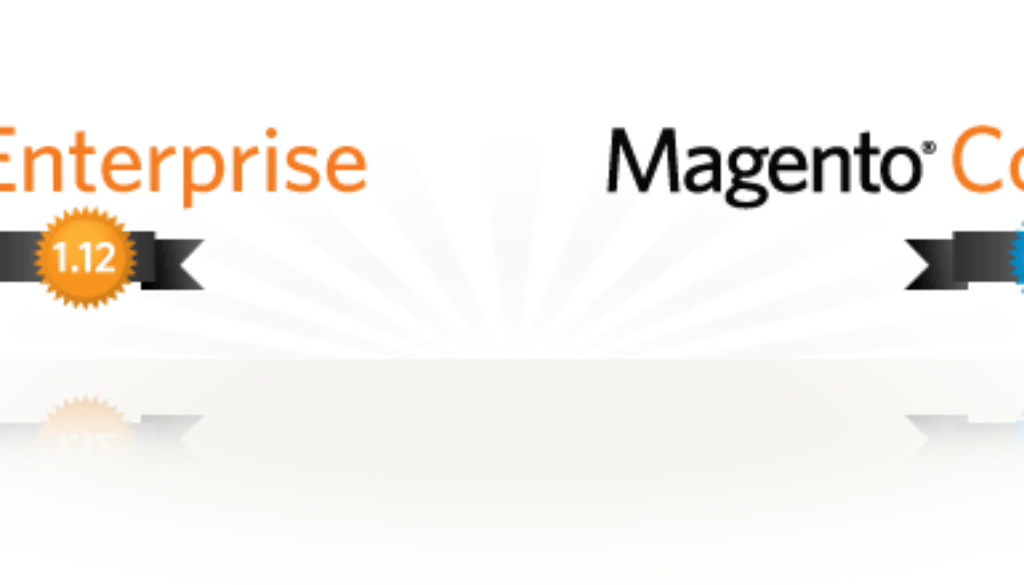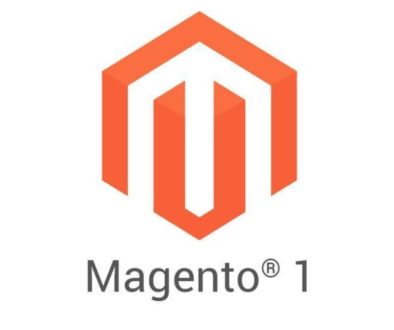Magento Community vs. Enterprise

Guido Jansen details some key similarities and differences between the two editions of Magento in this illuminating blog post from his website. Here are some useful excerpts and paraphrases with accompanying explanations from his piece on Magento Community vs. Enterprise:
Magento Enterprise encompasses all Magento Community features plus:
- Advanced Access Control List (ACL): detail when, where, and how users interact with your system.
- Content Staging and Merging: test new designs, update products, and enable features on a site-by-site basis without affecting the live site. Work on multiple staging sites, then take them live without any downtime!
- Private Sales, Events, and Invitations: debut and customize limited product offerings, incentivizing member groups, B2B traffic, and viral marketing.
- Customer Segmentation: target customers by age, gender, habits, and more, maximizing marketing resources.
- Loyalty System: reward customers with loyalty points based on transaction history and referrals. Includes fully configurable interfaces and loyalty point management.
- CMS+ Content Management Engine: publish and manage complex content with no technical knowledge.
- Automated Email Marketing Reminders: increase retention and target promotions or discounts for customers with abandoned shopping carts or wishlists.
- Assisted Shopping: customer services personnel can easily manage and suggest products in shopping carts.
- Full Page Caching: tune page performance to reduce load time, boost conversions, and foster a smoother browsing experience.
- Recurring Payments: efficiently facilitate subscriptions and renewable memberships.
- Customer Attributes: improve service and customer satisfaction by compiling and applying user-generated data.
- Solr Search: leverage this ultrafast, open-source enterprise search platform for more precise, optimized results.
- Return Merchandise Authorization (RMA) Functionality: streamlined, customer-based requests integrated with back-end workflow and progress tracking.
- Persistent Shopping Cart: Long-term cookies enable multi-device shopping without multiple logins, customizable based on comparison, transaction history, segment, and wishlist.
- Minimum Advertised Price (MAP): bypass manufacturers’ price restrictions, enabling adjustable pricing at customer-friendly levels.
Default Enterprise Edition dramatically outperforms default Community Edition in terms of page load times, even when the server is tuned with modified Apache preferences and PHP APC:
- When tested with the Siege benchmarking and load-testing utility, Community Edition can barely handle 100 simultaneous users, approaching 10 seconds in load time. By comparison, Enterprise Edition pages with 100 simultaneous users load within 1 second.
- Community Edition fails completely at 200 and 300 simultaneous users, while Enterprise Edition clocks in at 0.72 seconds for 300 simultaneous users.
- In fact, Enterprise Edition at 300 simultaneous users outperforms Community Edition with 10.
The latest release of Enterprise Edition (v1.12) includes the following functionality not available in the latest release of Community Edition (v1.7):
- Multiple Wishlists: customers can save to multiple lists and copy or relocate products between lists. Lists can be made public if desired, and merchants can review lists to gather information.
- Visitor Segmentation: develop targeted promotions to new, unregistered users to increase conversions.
- Add-to-Cart by SKU: streamline B2B, large-scale, recurring, or offline catalog-based orders without requiring individual product page visits.
- Expanded Rule-based Product Relations: Recommend up-sells, cross-sells, and relevant products with a higher degree of accuracy and relevance.



